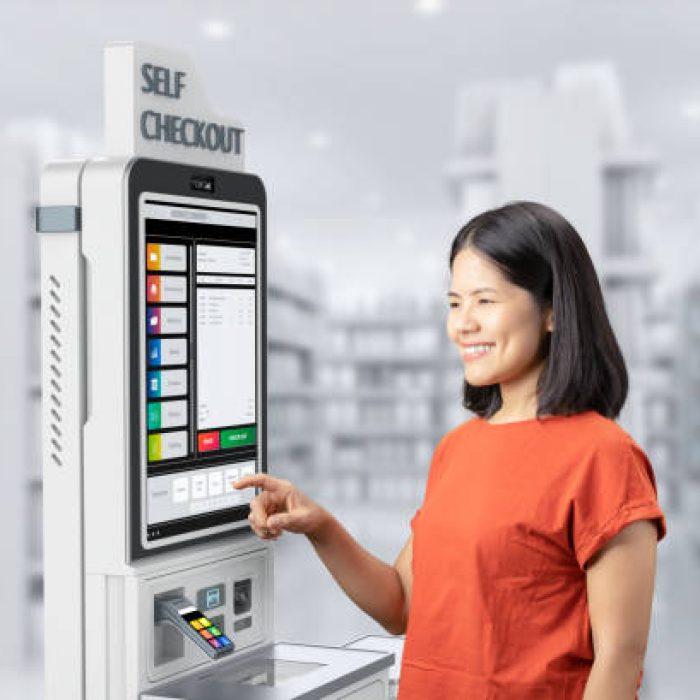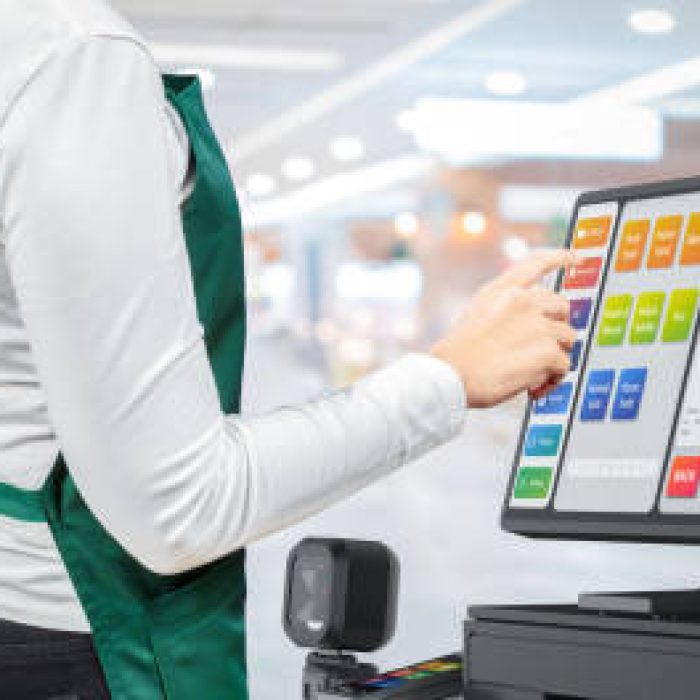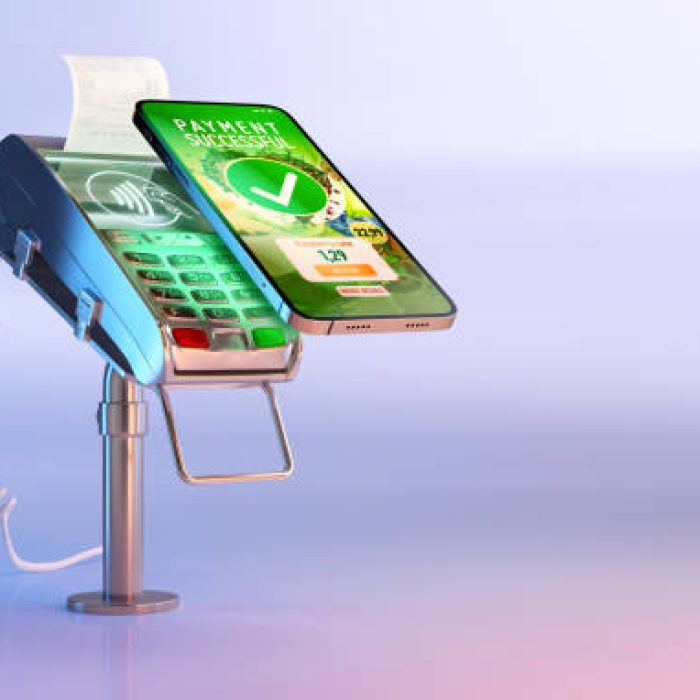How to Choose the Right POS System for Your Business
Selecting the right Point of Sale (POS) system is a critical decision for any business. A good POS system goes beyond processing transactions—it helps manage inventory, track sales, improve customer experience, and streamline operations. With so many options available, choosing the right POS system can feel overwhelming. Here’s a guide to help you make the best choice for your business.
1. Understand Your Business Needs
Different businesses have different requirements when it comes to POS systems. A restaurant, for example, will need features like table management and menu customization, while a retail store might prioritize inventory tracking and barcode scanning. Identify the key functionalities your business needs before making a decision.
2. Consider the Features That Matter Most
Look for a POS system that offers the right features to help your business thrive. Some essential features to consider include:
- Sales Tracking – Monitor transactions, revenue, and peak business hours.
- Inventory Management – Track stock levels and receive alerts when products run low.
- Employee Management – Assign roles, track work hours, and monitor staff performance.
- Multi-Payment Support – Accept cash, credit cards, mobile payments, and contactless transactions.
- Customer Relationship Management (CRM) – Collect customer data, track purchase history, and run loyalty programs.
3. Choose Between Cloud-Based and On-Premise POS Systems
POS systems come in two main types:
- Cloud-Based POS – Stores data online, allowing access from any device. Ideal for businesses that want flexibility and remote access.
- On-Premise POS – Runs on local servers and does not require an internet connection. Best for businesses that prefer a more traditional setup with full data control.
4. Check for Integration Capabilities
A POS system should seamlessly integrate with other tools your business uses, such as accounting software, e-commerce platforms, and inventory management solutions. This will help automate processes and ensure smooth business operations.
5. Evaluate Ease of Use
A POS system should be user-friendly, requiring minimal training for employees to operate efficiently. A complicated system can slow down transactions and create frustration for both staff and customers.
6. Consider Scalability
If you plan to expand your business, choose a POS system that can grow with you. Ensure that it can handle multiple locations, add new features, and support an increasing number of transactions as your business scales.
7. Look at Customer Support and Reliability
Having reliable customer support is essential. Choose a provider that offers 24/7 support, training materials, and troubleshooting assistance to minimize downtime and ensure smooth operations.
8. Compare Pricing and Long-Term Costs
POS systems come with different pricing models. Some require a one-time purchase, while others charge a monthly subscription. Consider factors such as:
- Upfront costs (hardware and software)
- Transaction fees
- Maintenance and support fees
- Cost of add-ons or upgrades
Final Thoughts
Choosing the right POS system is an investment in your business’s efficiency and growth. Take the time to evaluate your needs, compare features, and ensure the system aligns with your long-term goals.
Looking for a reliable POS solution? Get in touch with us today for a free demo and see how our system can transform your business!





